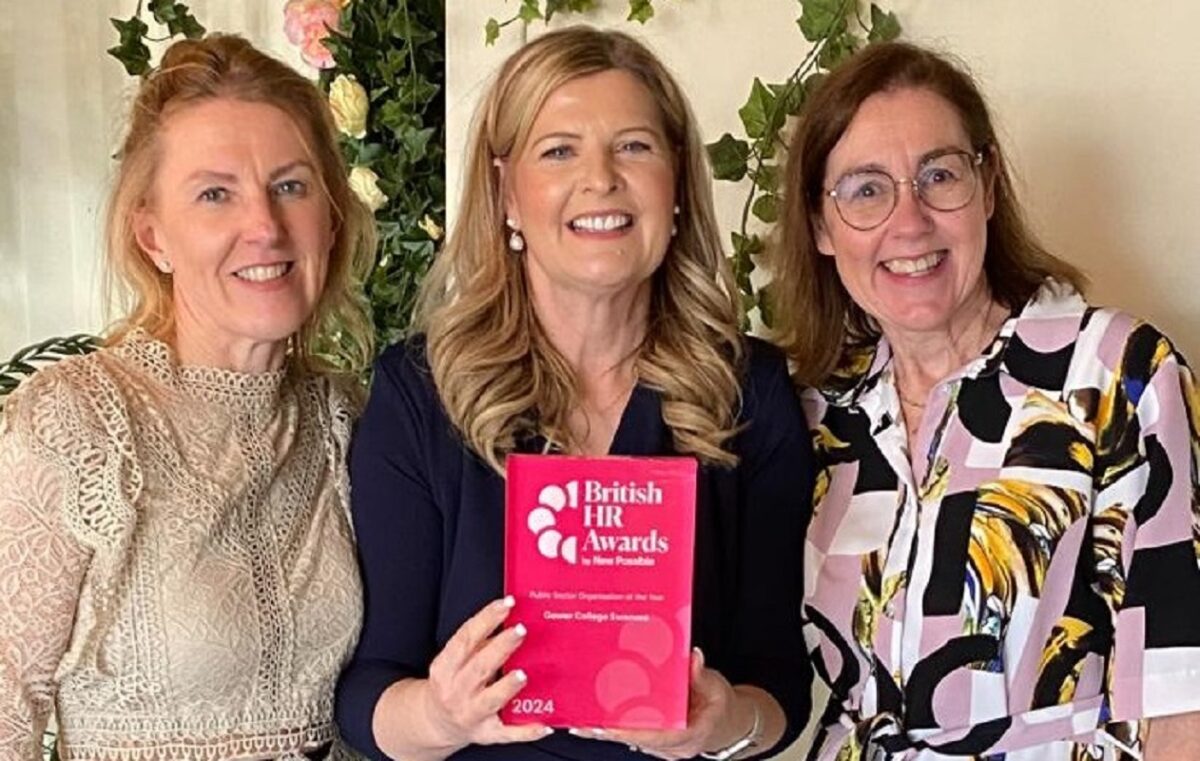Next steps towards a stronger school system with all schools in strong trusts

Detailed plans for moving all schools into strong academy trusts have been published today (Wednesday 25 May), kickstarting work towards the goal set out in the Schools White Paper for every school to be in, or in the process of joining, a trust by 2030.
The focus on strong trusts is intended to help every child fulfil their potential, by making sure teachers and schools have the trust’s support in everything from teacher training to the curriculum.
The implementation plan for the coming academic year commits to working with local partners within each of the Department’s 55 Education Investment Areas (EIAs), and publishing priorities for each by the autumn.
The Department will lead strategic planning to address local challenges in EIAs, such as how to best:
- strengthen existing local trusts;
- attract strong trusts to operate locally;
- support small, rural schools; and
- manage the transition of all schools in an area to a fully trust led system.
The Department has also today published details of how local authorities can apply to establish a multi-academy trust.
This ‘test and learn’ activity will take place with a view to applying identified best practice nationwide following the conclusion of the planned academy trust regulatory review and once the Schools Bill has become law.
More details of the regulatory review are to be published in the coming weeks, to make sure that as all schools become part of an academy trust, the right framework is in place to hold trusts to account to high standards in their support of their schools, pupils, and local communities.
The Schools Bill will bring the new regulatory standards developed through the review on to a statutory footing, provide a range of new powers to drive up standards, including the possibility for the Secretary of State to intervene in the very rare case of a failing academy trust, and support the 2030 goal, including allowing local authorities to request their schools move into strong trusts.
Schools Minister Baroness Barran said:
There has been a real energy and interest from across the school sector in our plans to transition all schools into strong academy trusts to help secure the best outcomes for children.
Asking all schools to join strong trusts is not only borne out of our ambition for young people – but also because strong trusts provide wider opportunities for teachers and support for schools, helping deliver on our White Paper missions to drive up outcomes in maths and English for children leaving primary school and completing their GCSEs.
I am determined that we capitalise on the shared enthusiasm I am seeing from across the sector to do the best for every child, by using the next year to develop a partnership approach to innovating, learning, and using data and evidence as we build the 2030 school system.
The 22/23 implementation plan outlines how schools, trusts, local authorities and, where applicable, dioceses or other faith bodies, can take the next steps in the journey towards a stronger and fairer system.
It also encourages organisations to pose themselves a series of challenging questions – about the growth rate they could sustain as a trust, or capacity of the school or local authority to establish a new trust – to support them in engaging constructively with the Department over the coming year.
The Department will, over the course of the year, build out its best practice approach to strategic planning with local areas – known as area-based commissioning – with the intention of expanding the approach nationwide from 23/24.
Sector Response
Geoff Barton, General Secretary of the Association of School and College Leaders, said:
“While this plan sets out a number of technical steps to encourage full academisation and every school in a multi-academy trust, it does not address two crucial questions.
“The first of these is the lack of a compelling argument that this is the right direction of travel. There is a need to tidy up a messy and fragmented system – which is of the government’s own making – and we do agree with the benefits of families of schools working together. However, while many multi-academy trusts do excellent work, this is not the only model of collaboration that is available. Successful stand-alone trusts and local authority schools may well wonder why such a significant structural change is needed.
“The second unanswered question is what happens if schools do not play ball and go along with the government’s wishes. Will stronger forms of leverage and compulsion be introduced at a later date? The Department for Education’s lack of clarity on this point is not helpful and leaves a grey area of whether this plan is an ambition on its part that it hopes to achieve by encouragement, or a more ominous fait accompli. It really should be setting out its intentions so that the discussion can take place in an environment of full disclosure.”
Kevin Courtney, Joint General Secretary of the National Education Union, said:
“Further academisation does not figure on the list of priorities for anyone involved in education, who have endured years of misconceived policies from a succession of Conservative-led governments. This drive for yet more structural change is therefore purely ideological and fully in character.
“We welcome the recent adjudication by the Office for Statistics Regulation on the threadbare evidence base which the DfE has used to justify these plans. We are pleased that the Department now accepts that direct comparisons between LAs, MATs and SATs ‘may be misleading’. This further exposes the weakness of their argument for further academisation.
“The DfE would make better use of its time concentrating on the issues which parents, teachers, support staff and school leaders are really concerned about: increasing child poverty, persistent underfunding of schools, and an increasing* recruitment and retention crisis.”
*At this stage in the student teacher recruitment round applications are 6% down on 2019 – when Government missed many of its targets.
Jenna Julius, Senior Economist at the National Foundation for Educational Research (NFER) said:
“We welcome the detail of the Government’s plans for all schools to be in a multi-academy trust by 2030, but it remains to be seen whether its proposals are sufficient to meet its ambitions.
“It is clear that local authorities will be expected to play a key role for the Government to successfully achieve its plans.
“Given that research has shown that academisation is not a panacea for school improvement, it is important that academisation is not treated as a substitute for a properly funded school system, led by high-quality teachers and evidence-based practice and approaches.”
Some of the other key takeaways for us are:
- It appears that the 24 Priority Education Investment Areas, which are amongst the lowest performing and most deprived areas of the country, are likely to be among the first to be targeted first for full academisation.
- The expectation outlined in today’s implementation plans is that local authority established MATs will start off as relatively small and grow over time. As such, local authority-established MATs are unlikely to have a substantial impact on the school system in the short-term.
- The Government says it plans to adopt an area-based approach for MAT development. Many of the schools which have not yet become MATs face a unique set of circumstances and challenges. It is not clear to what extent local commissioning plans will enable sufficient suitable matches between MATs which wish to expand, and standalone schools within a local area.












Responses